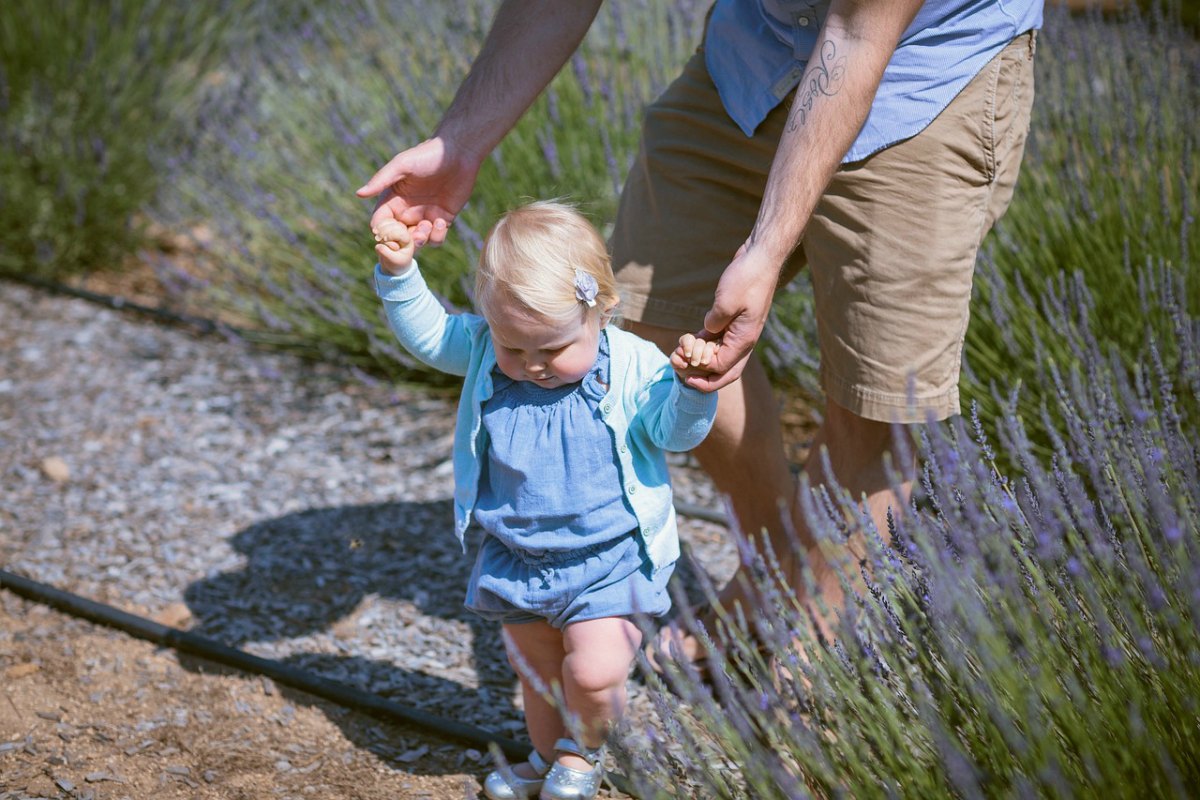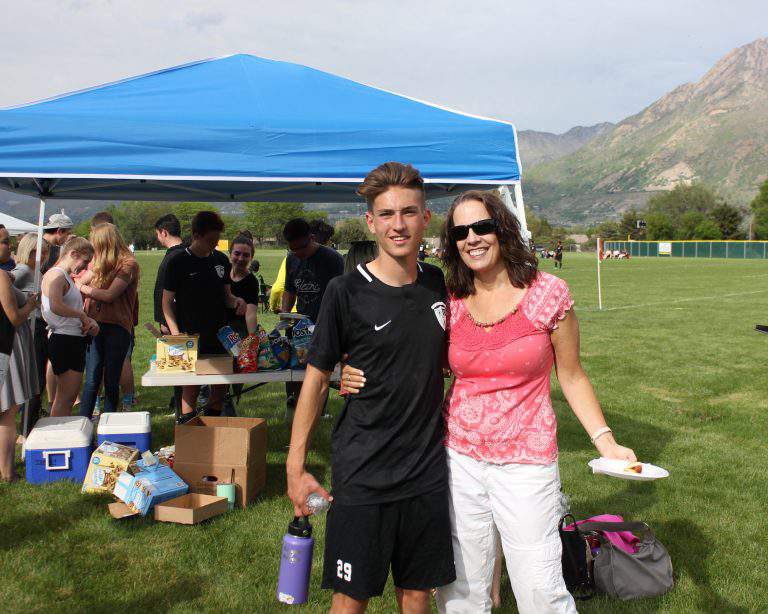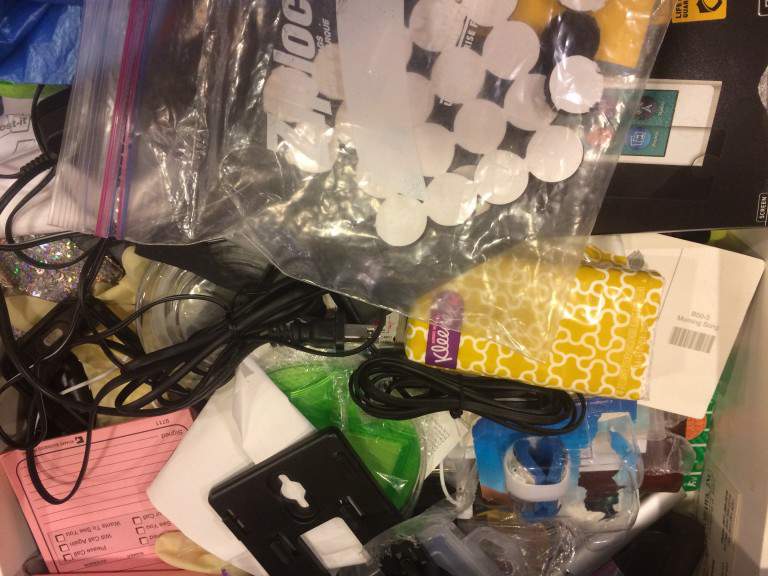Learn like a pro
We often talk about the example we set for our children and grandchildren. That’s important indeed, but let’s not forget that children can also be good examples for us—without even trying. I recently read this lovely post from Donna at Retirement Reflections about lessons she learned from her three-year-old grandson.
Today I want to focus on one specific lesson we can learn from young children: how to learn. Young children are professional learners; that’s their job and they go about it with a vengeance. So let’s look at some of the things that make them so good at learning.
Children are unself-conscious
Young children are not worried about looking foolish. When a child attempts his or her first step, I doubt the child is thinking, “Everyone else walks better than I do. I hope I don’t embarrass myself.” Children are okay with being beginners—no pressure to be an expert from the start. They don’t care if people are watching. In fact, they seem to prefer it.
Children are persistent
They don’t give up easily. How many times does the average child fall while learning to walk? I don’t have a number, but it’s a lot. When it happens the first time, or the twentieth, the child doesn’t say, “I guess I just can’t do this. Not everyone is cut out for walking. I never really wanted to walk anyway.” They just keep trying. And if they bump a head or bruise a knee in the process? They cry, accept the hugs, and then try again.
Children celebrate the small steps
Have you seen a child’s face after taking that first clumsy step? They squeal and clap. If anyone else is in the room, they include them in the celebration. You can read it on their faces, “Look what I just did? Did you see that?” No false modesty or hesitancy about appearing boastful. They expect that you will be happy for them, and you are. Another point here, the step doesn’t have to be perfect. Even if they kind of threw themselves into your arms, they celebrate. It’s about the effort and the progress, more than the level of achievement.
Children build on their accomplishments
Once a child has mastered one lesson, it’s on to the next. “Now that I can walk, I bet I could run. What about jumping? Climbing, anyone?” If they want it, they go for it. Nothing is permanently out of reach.
Your turn
So, what about it? Are you ready to learn like a pro? Is there something you would really like to do, but you don’t know how—yet? Can you give yourself permission to be a beginner, bounce back from falls, celebrate the effort, and build on your accomplishments?
Follow my blog with Bloglovin.










Christie – what a great post — how true it is! I’ve never been afraid to learn. I certainly used this same logic when I arrived in Taiwan not knowing the language (Mandarin) and then a year later, in Hong Kong, to learn an entirely different language (Cantonese). That said, I’ve recently been thinking about teaching myself piano and re-engaging more with Chinese. I won’t need to completely relearn Chinese because I was fluent until the mid-90s – but there will be a learning curve to remember. I have rare opportunities to practice so I need to put myself into it intentionally. Your post is encouraging me to stop thinking and start acting. Thank you!
Good for you Janet. I’m sure your love of learning–and lack of fear–have opened many doors for you. I’m impressed that you have learned two languages besides your native tongue. I studied French, but don’t have much opportunity to use it, and find that much of it has left me. Good luck with the piano as well!
Hi, Christie – Thank you for linking to my recent post. I am so glad that you enjoyed it.
Your words above are spot-on. Children are ‘professional learners’ and have much to teach us in this regard. When we moved to Beijing, I spent hours on language lessons and my Mandarin became so-so. My 12 year old son approached language learning with each of the points that you have outlined above. He quickly became fluent. The “unselfconscious” approach was a big difference between our learning.
Great post with very important takeaways!
Thanks Donna. Your post about lessons learned from children was my inspiration for this post.
Lovely post about learning and trying new things. Yeah, need to adopt this mentality for sure!
I’m glad you enjoyed it Pat. Children have much to teach us if we’re open to learning.
I really liked this post-so true! We should all be a little more childlike. And that picture! Love those cheeks and legs!!!
I’m glad you enjoyed it, Cindy. Aren’t those chunky little legs so cute!
Hi Christie, I couldn’t agree more with you and Donna. I have learned so much about life through the eyes of my grandson. From the first time he felt the breeze on his cheek and the look of wonder in his eyes, because he felt something but couldn’t see it, to learning to use my imagination again as we became pirates or were living in the world of Dinosaurs. We can learn so much from children if we just listen and watch. Thank you for a beautiful post to share at #MLSTL. Have a lovely week, Christie. xx
That’s so true, Sue. Sometimes I stop and try to see something, or experience something, like it was my first time. It inspires new wonder. If only we could hang on to more of that. Grandchildren have a way of triggering that feeling. Thanks again for hosting #MLSTL. ❤️
Great reminders, Christie! I take this childlike approach when I speak French or Spanish in my travels. It feels liberating and gives me the confidence to keep learning and using the languages.
I love that Natalie. I was hesitant to speak my broken French while in France, but when I did, I found the people to be very kind and some even gently helped me learn the correct way to say something.
Christie you’re so right – I often won’t try something because I’m afraid of failure or looking silly. I write about it but when it comes to actually putting my self-talk into practice I often balk at the first hurdle. I have a thing in my head about learning to play the ukele (don’t ask my why!) but it’s there and I found classes nearby and still I balk. I think I may do it someday – but if I was a child I know I’d be sitting on my bottom and putting off walking for a bit longer because it all looks too hard! #MLSTL 🙂
Take the lessons Leanne! I know that’s easy for me to say. I’m not the one fumbling around on a ukulele, but I have a feeling you’ll love it. And if you don’t, at least you can get that out of your head and move on to the next great experience.
This is spot on Christie! I often look at children as they start school who are happy to paint artworks but over time lose their confidence and somehow decide they can’t do it anymore. We can all learn new things and we should be open to doing so. Sharing for #mlstl
Yes, Debbie, that’s another key piece of the puzzle. Children have an enthusiasm for learning that is often missing in our adult lives. Instead of thinking I “have” to go to work, I’m going to try I “get” to go to work, accomplish projects, learn new things, see my friends. Some days it will be easier said than done, but it’s worth the effort. How sad if we are living for the weekend, or vacation, or retirement. Another lesson from children, be present in this moment. Have a lovely day!
Christie this is all so true. Great post. We can learn a lot from children.
Yes, we can, Victoria. ?
YES! As a teacher, I think I was interested in seeing how differently some kids learn. I was not as ‘patient’ if you like sometimes. Once I became a grandmother as well, I was much more likely to allow time for learning and to observe rather than control.
Great post! All teachers need to remember what you wrote.
Denyse #MLSTL
Great point Denyse: allow time for learning and observe rather than control. That’s a helpful reminder for our own learning as well as teaching others. Thanks for joining the conversation.
Great lessons from the young here. Wonderful post!
Sharing on twitter and on my Embracing Life Facebook page for MLSTL.
Thank you Trisha! I’m glad you enjoyed it.
I’m learning these same priceless lessons from my grandson. He is just learning to walk and constantly falls. However, he never berates himself or calls himself stupid (thoughts I have when I can’t perfectly accomplish a new task for the first time). He just smiles, stands back up, and tries again.
There’s a lesson in there for us, Molly. And isn’t watching our grandchildren grow the best? Love it!
Your thoughts on a child learning to walk and not giving up are inspiringly simple. They don’t give up. This lesson can be applied to so much that we attempt to achieve. As adults, maybe there is a lesson here for us not to react as the child grows to make them feel foolish, stupid or guilty as they learn.
We will feature this post on the next Blogger’s Pit Stop
Kathleen
You bring up a good point, Kathleen. If we continue to acknowledge a child’s efforts with enthusiasm and encouragement, perhaps they will hold on to that growth mentality longer. Sometimes we tend to praise appearance, accomplishments, and talent over effort, persistence, curiosity, and courage to try something new. Thank you for the feature on Blogger’s Pit Stop. Have a lovely day.
This is such a timely article. If adults were more childlike this world would be much easier to maneuver. I would love to learn to speak publicly and swim. But unfortunately, I no longer view the world through the eyes of a child. This is an awesome reminder. Thank you for sharing with #BloggingGrandmothersLinkParty.
Although it’s tougher as an adult, I know you could learn to speak publicly and swim. I hope you’ll give it a try! It’s a pleasure co-hosting with you, Clearissa.
Oh to be a child again but since we can’t then we can enjoy our grandchildren and watching them grow and learn. So blessed ♥
Yes, we are blessed to enjoy our grandchildren and learn from them too!